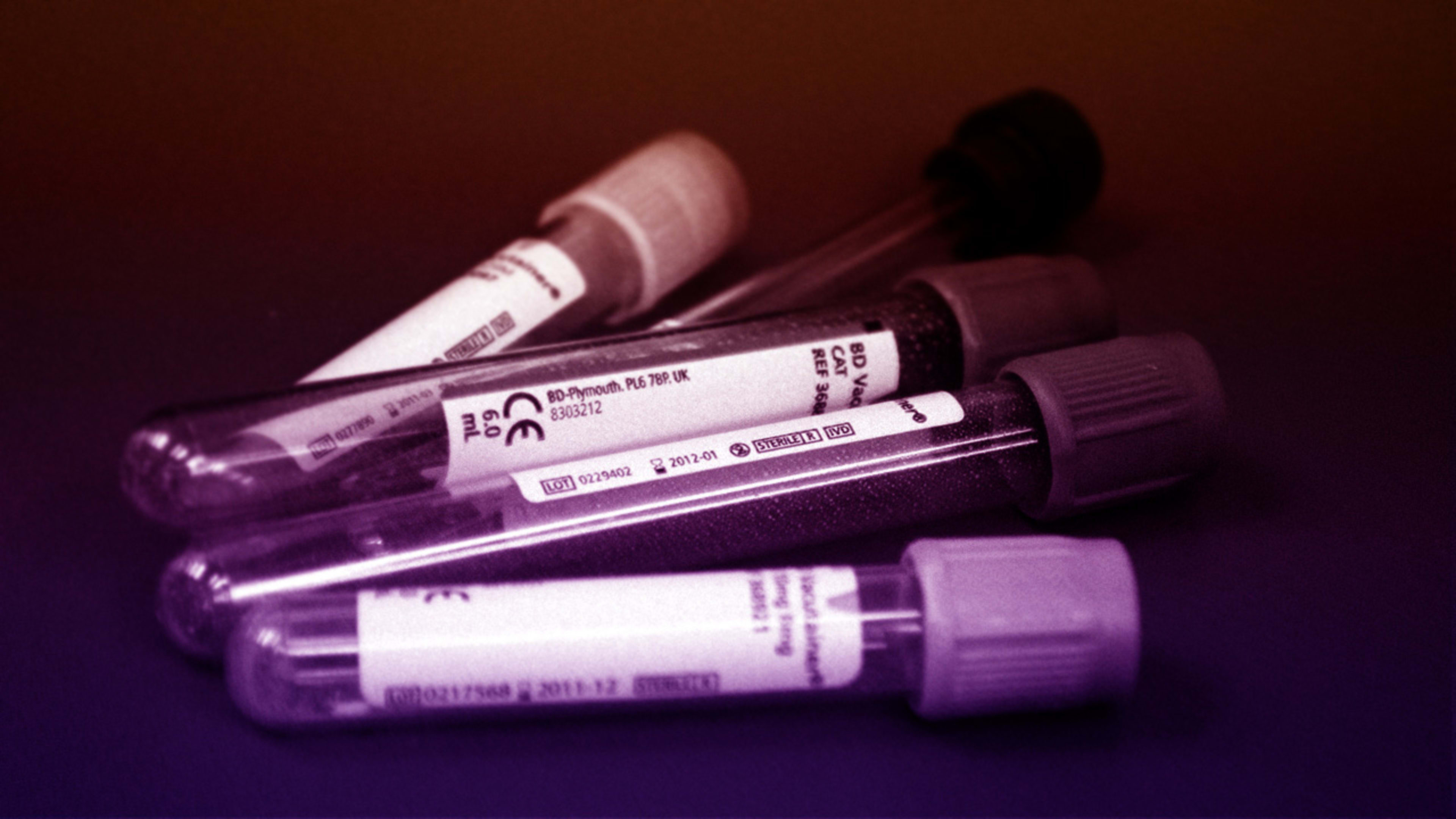For many oncologists, the holy grail of medicine is a blood test that can detect cancer before symptoms arise. But developing such a test is a daunting challenge.
San Diego-based biotech firm Illumina is ready to give it a shot. In January 2016, the company’s CEO, Jay Flatley, revealed plans to spin out a $100 million-funded company, called Grail, to develop a breakthrough screening test for many early-stage cancers.
Today, Grail has selected its first CEO: Jeff Huber, a former Google executive who led the Mapping and Commerce groups for a decade, before joining the company’s elusive research arm, Google X. The company also announced additional series A funding from Google Ventures, alongside contributions from Illumina, Microsoft cofounder Bill Gates, and Amazon CEO Jeff Bezos.

Huber, who has served on the board of Illumina since July 2014, tells Fast Company he got interested in medical technology shortly after leaving Google. “I reached my 10-year milestone, and paused to reflect on what I wanted to do with my next life and career,” he says. “Just jumping into another big Google-like system would have felt like I was turning the crank.”
Huber was also motivated by personal reasons. His wife, Laura, passed away from cancer in November 2015. She was diagnosed with advanced cancer, which was effectively a “death sentence” according to Huber. He joined Grail to ensure that more patients will be diagnosed when the cancer is in its earliest stages, when it can be effectively treated and even cured.
How Does The Test Work?
For decades, scientists have known that a microscopic amount of DNA from cancerous cells can be found in the blood. In the past five years, startups like Guardant Health have developed so-called “liquid biopsy” blood tests that can take a high-resolution snapshot of patients’ tumor fragments.
But the tests on the market today aren’t diagnostic in nature. Instead, they are mainly used by patients already known to have cancer.
The advantage of the liquid biopsy is that it’s cheaper and less invasive than a conventional biopsy, in which a tissue sample is extracted using a needle. Patients can get a liquid biopsy test more frequently than a conventional biopsy. Therefore, oncologists can better understand how their disease is progressing and whether they are responding well to treatment.
But it’s a far greater challenge to use this technology to detect early-stage cancers. The risk of a false negative result is extremely high, as it’s extremely difficult to pick up DNA circulating in the blood in such minute proportions.
Huber says Grail’s “ultra deep sequencing technology” is on track to overcome these hurdles. “We have great confidence in the initial data.”
Illumina’s Flatley previously said that Grail’s test would be available for less than $1,000, and would likely reach the public by 2019. Huber did not offer any more details on the timing or cost of the test. But he did say the company is planning to reach out to federal regulators, and expand its team in the coming months.
Recognize your brand’s excellence by applying to this year’s Brands That Matter Awards before the early-rate deadline, May 3.
